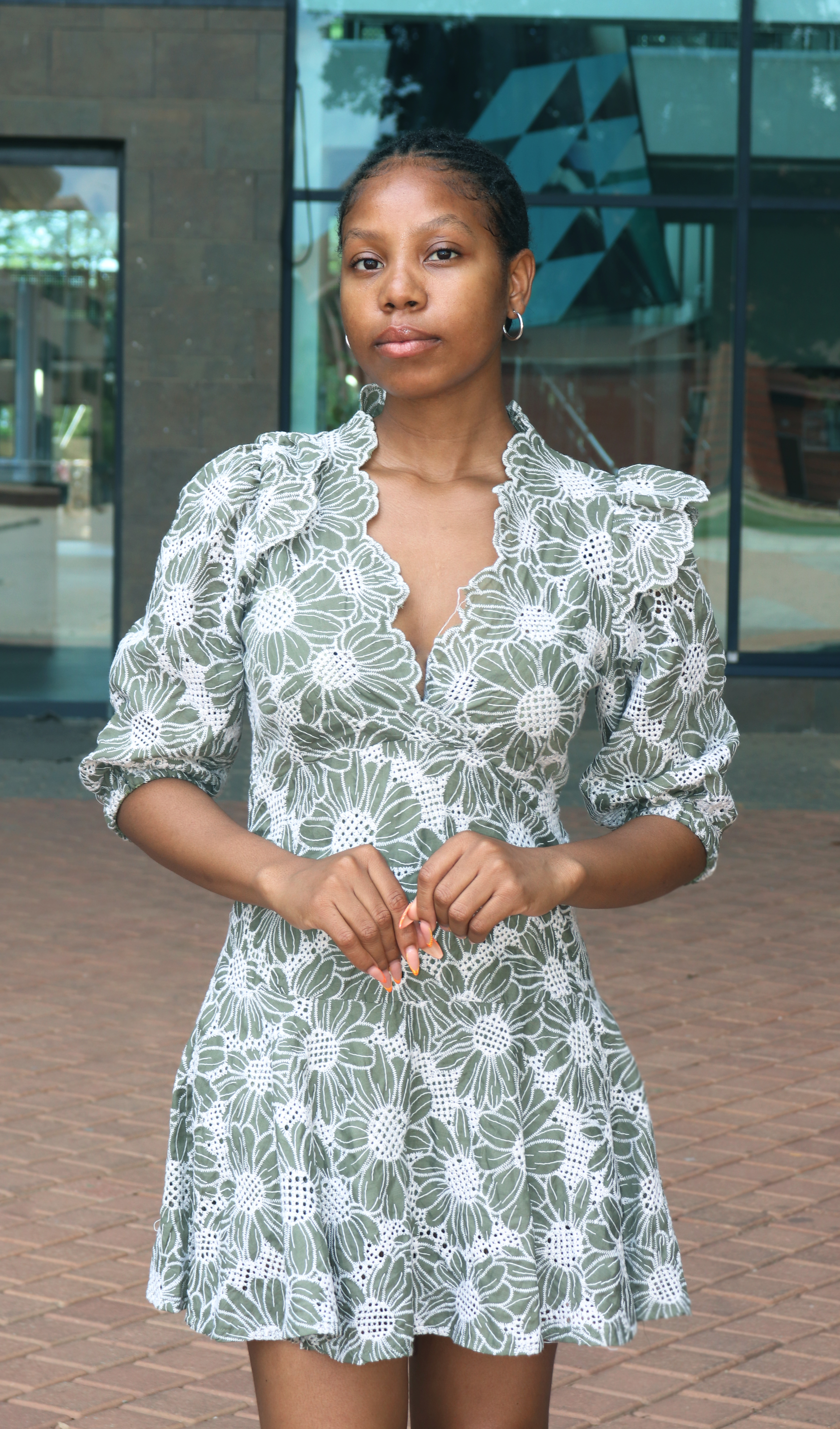Bonolo Michell Kgakole Empowers Learners with IDD Through Innovative Public Transport Training
 At just 23 years old, Bonolo Michell Kgakole, a fourth-year student at the University of Botswana (UB), is making a significant impact in the field of disability inclusion. Pursuing a Bachelor of Special Education and Biology, Bonolo transformed her academic passion into practical action by launching an innovative project aimed at teaching a learner with intellectual and developmental disabilities (IDD) how to navigate the bustling world of public transport, specifically the ubiquitous combis.
At just 23 years old, Bonolo Michell Kgakole, a fourth-year student at the University of Botswana (UB), is making a significant impact in the field of disability inclusion. Pursuing a Bachelor of Special Education and Biology, Bonolo transformed her academic passion into practical action by launching an innovative project aimed at teaching a learner with intellectual and developmental disabilities (IDD) how to navigate the bustling world of public transport, specifically the ubiquitous combis.
Her inspiration stemmed from a keen observation that many individuals with IDD face challenges with everyday life skills particularly when it comes to using public transport. “I noticed how a lack of structured life skills training kept many from accessing education, healthcare and even employment,” Bonolo explains. Determined to bridge this gap, she envisioned a practical training programme that would empower learners with IDD to travel safely and independently, opening doors to a more inclusive society.
The project, which addresses critical transition practices, began with a comprehensive assessment of the learner’s abilities. Bonolo spent countless hours patiently teaching essential road safety, recognising transport routes and even the fundamentals of handling money. The training initially took place on familiar routes with Bonolo accompanying the learner until gradually reducing supervision to foster independence. One bright afternoon, after weeks of dedicated training, the learner confidently boarded a combi alone, a moment that encapsulated the success of the initiative and ignited hope for a future of increased independence for individuals with IDD.
However, the journey for Bonolo was not without challenges. Securing funding emerged as a significant hurdle. “I wasn’t allowed to use my own money and many organisations were either unresponsive or unable to meet the strict funding needs of my project,” she recalls. Even the Tlokweng District Council, while willing to provide resources, could not offer the financial support required for transport fares.
In response, Bonolo crafted a donation form and reached out to fellow students, University staff and local Non-Governmental Organisations (NGOs). Her efforts also caught the attention of local businesses including Moghul Catering Services, Executive Catering Services and Label One, the latter providing critical financial assistance.
The project’s success has not only impacted the learner’s ability to travel independently but has also highlighted the broader need for structured support in transition practices for individuals with IDD. Bonolo's initiative aligns with the University of Botswana’s goals of raising awareness and encouraging engagement from all key stakeholders in the transition process which resonates with the Outcome-Based Education model endorsed by the Botswana Qualifications Authority (BQA).
“The project has shown that even small initiatives can lead to meaningful change,” Bonolo says. “It’s about identifying a real problem, engaging the community and persistently advocating for inclusion.”
Looking ahead, Bonolo plans to collaborate with disability organisations, transport associations and policymakers to develop a structured travel training programme for more individuals with IDD. Her long-term vision includes advocating for inclusive public transport policies across Botswana, ensuring that every citizen, regardless of ability, has the opportunity to travel freely and confidently. Through her work, Bonolo is contributing to the school initiative that has long been advocated for, realizing the dream of an inclusive society that benefits all.